Indigenous Governance Database
News and Opinion
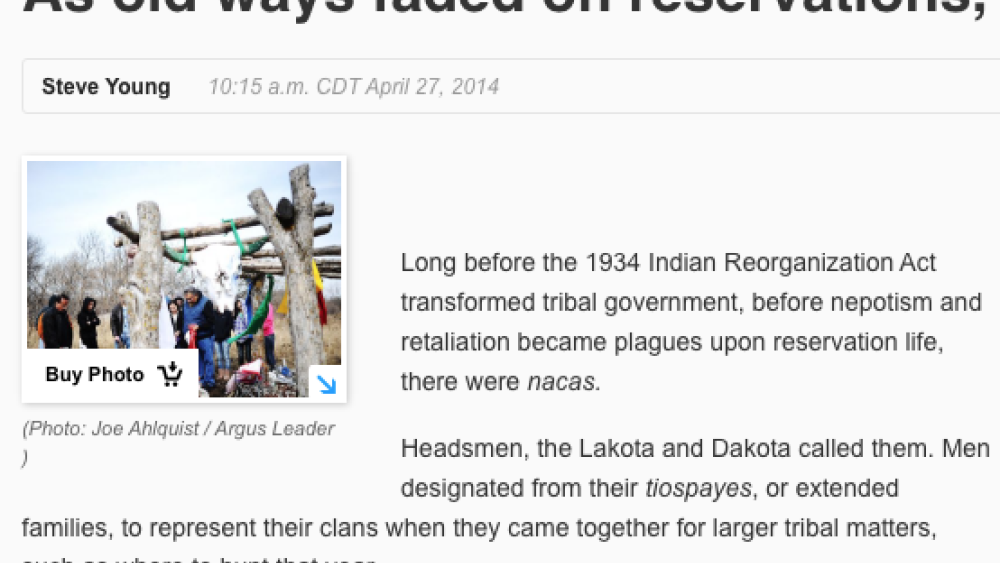
As old ways faded on reservations, tribal power shifted
Long before the 1934 Indian Reorganization Act transformed tribal government, before nepotism and retaliation became plagues upon reservation life, there were nacas. Headsmen, the Lakota and Dakota called them. Men designated from their tiospayes, or extended families, to represent their clans…
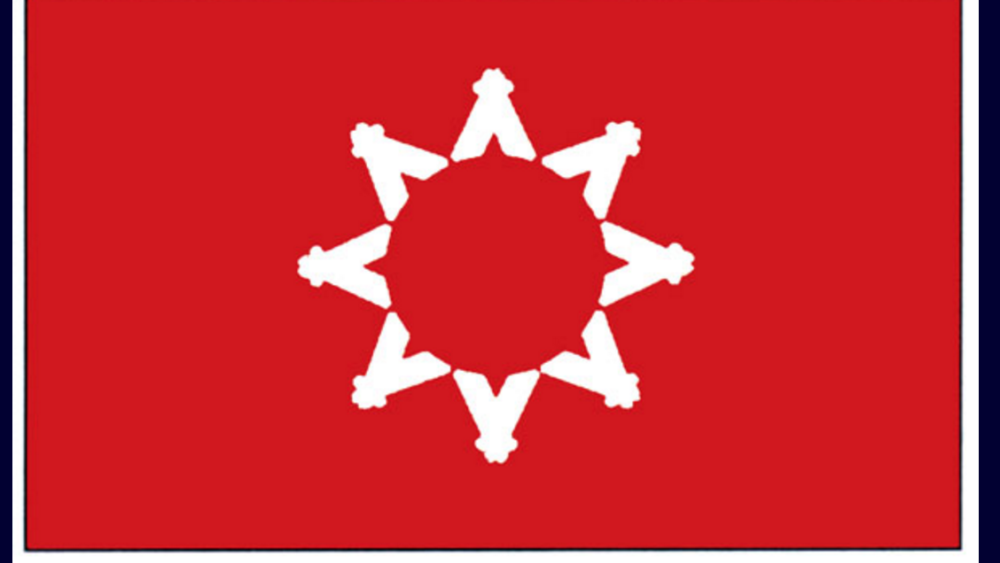
Teach youth about forms of government
Why aren’t the schools teaching about the IRA form of government? Why aren’t they teaching about the traditional tiospaye form of government? The disenchantment and what appears to be apathy or even seditiousness toward the Indian Reorganization Act system of government have become “normal” among…

Forest County Potawatomi Renewables Program Nets EPA Top 30 Nod
They squelched a mine, established air-quality monitoring and built a solar plant. Where does a tribe go from there? For the Forest County Potawatomi Community it meant going deeper. The tribe has translated traditional values into a program that uses cutting-edge technologies and sophisticated…
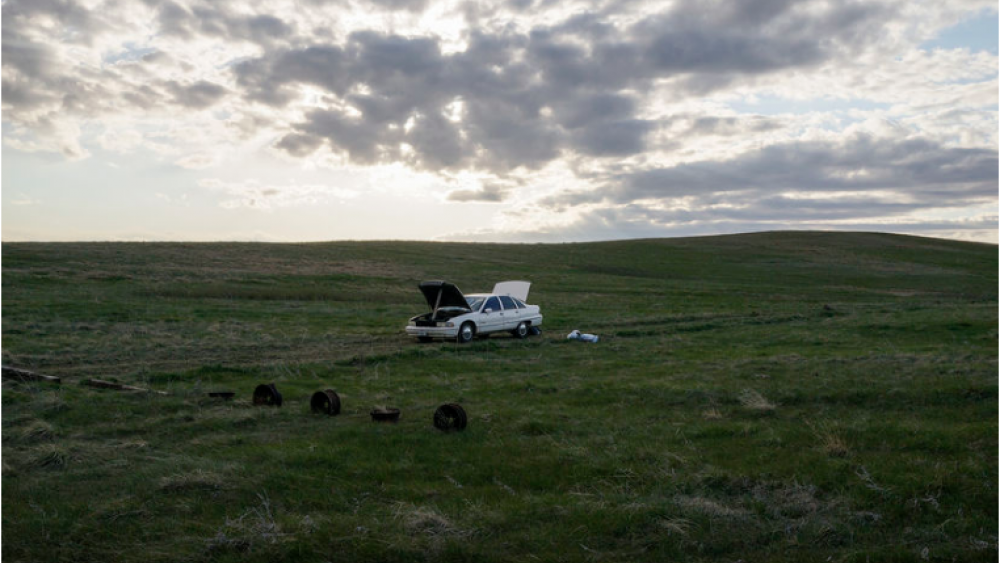
Glimmers of hope on Pine Ridge Indian Reservation
The Pine Ridge Indian Reservation has become emblematic of rural poverty, neglect and the plight of struggling American Indians. But across the reservation, there are glimmers of hope and resistance against the monumental challenges the Lakota people face. In the case of Alice Phelps and the…
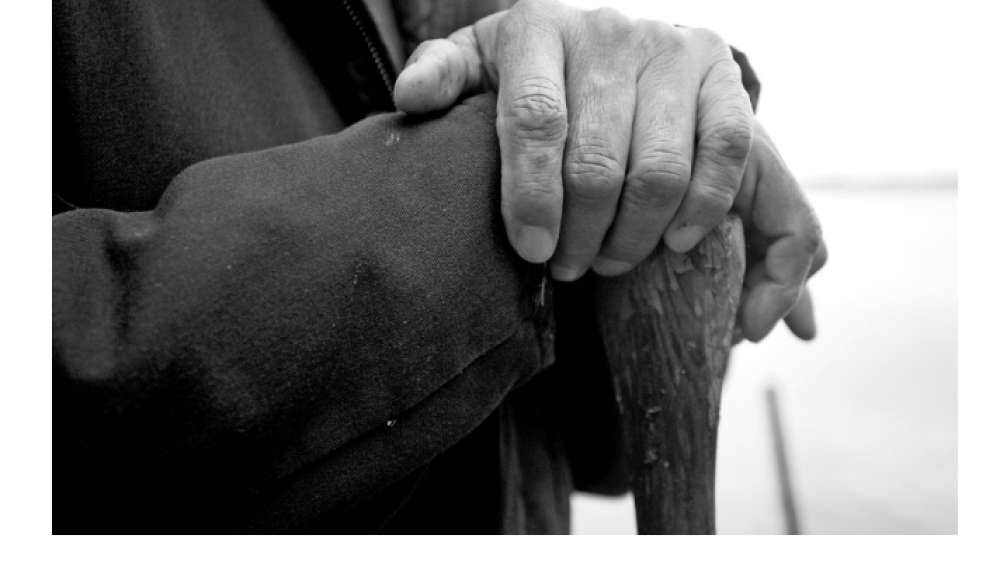
'We are getting stronger'
An economic, political and cultural renaissance is underway throughout Indian Country in the United States. It’s been going on for nearly a quarter-century. Whereas in the 1980s, economic growth on Indian reservations lagged far behind the rate of the U.S. economy, through the booming 1990s and the…

How Do We Re-Member?
On July 2, the tribal council of the Confederated Tribes of the Grand Ronde held a special meeting to allow their citizens an opportunity to testify for or against a proposed emergency enrollment ordinance whereby the Council sought to delegate its constitutional authority to involuntarily…
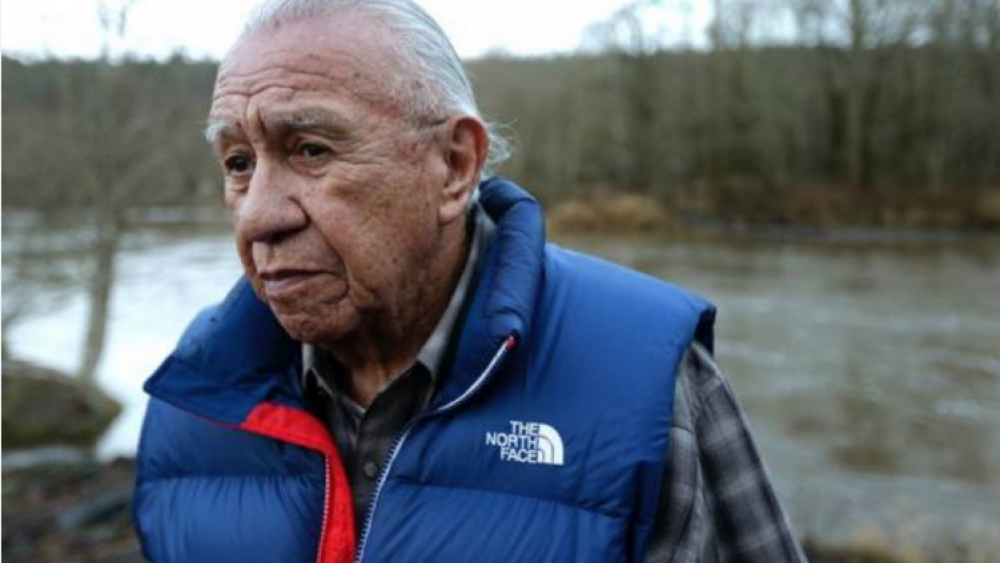
Billy Frank Jr.: A World Treasure (1931- 2014)
“I was the go-to-jail guy.” That’s how Billy Frank, Jr., (Nisqually) often described his role during the treaty fishing rights struggle in the Pacific Northwest of the 1960s and ‘70s. Beginning as a teenager of 14, he went to jail more than 50 times and was arrested more than three times that. His…

Harvard Project Names Three Honoring Nations Leaders
Sharing outstanding programs in tribal self-governance and helping to expand the capacities of Tribal leaders through learning from each others’ successes is the mission of the Harvard Project on American Indian Economic Development’s Honoring Nations program. Recently the Honoring Nations program…
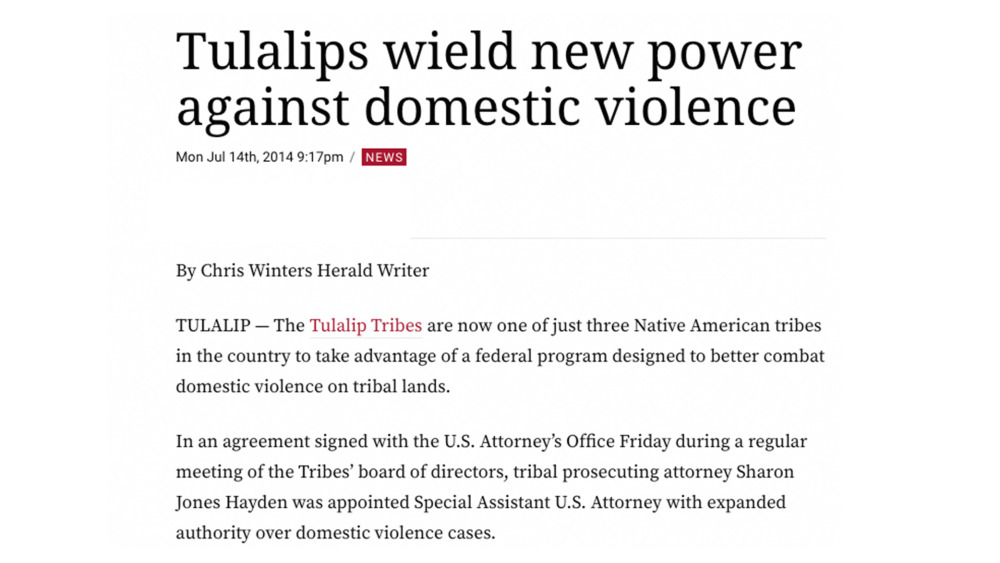
Tulalips wield new power against domestic violence
The Tulalip Tribes are now one of just three Native American tribes in the country to take advantage of a federal program designed to better combat domestic violence on tribal lands. In an agreement signed with the U.S. Attorney’s Office Friday during a regular meeting of the Tribes’ board of…
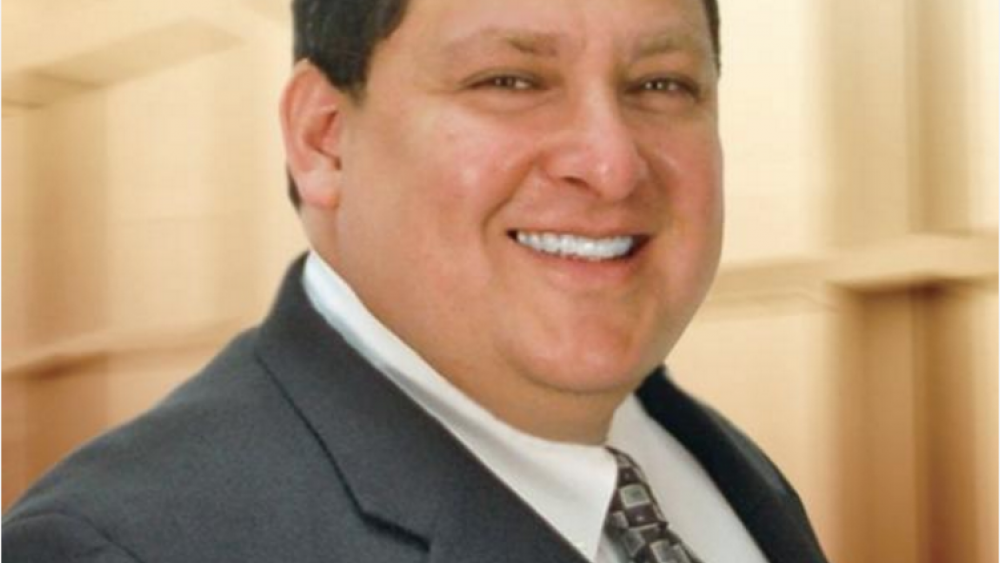
Ho-Chunk, Inc. CEO Receives Award from U.S. Department of Commerce Agency
Lance Morgan launched the Ho-Chunk, Inc. in 1994 as the economic development corporation of the Winnebago Tribe of Nebraska. Now the president and CEO is receiving the Advocate of the Year Award by the U.S. Department of Commerce’s Minority Business Development Agency (MBDA) at the end of this…
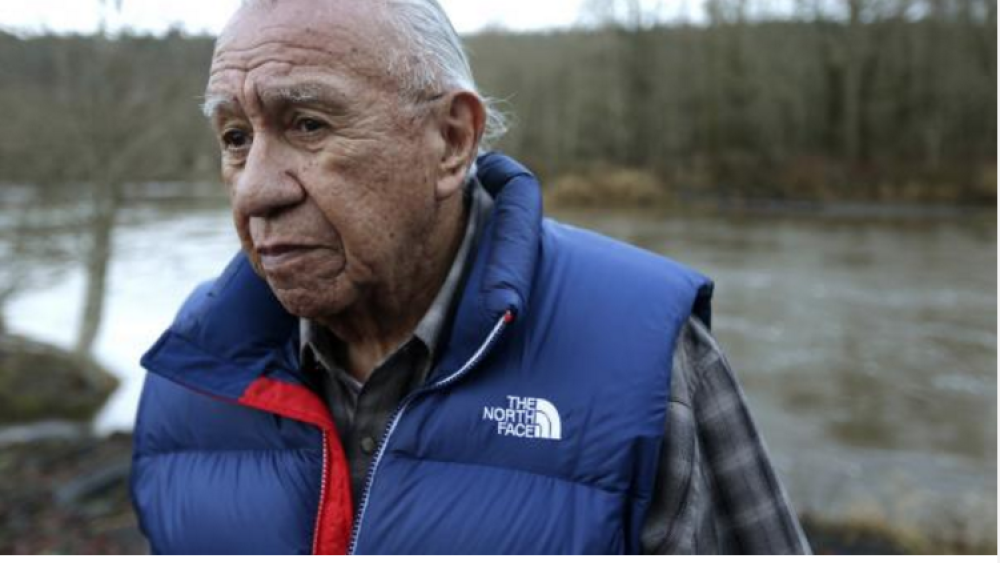
Tribal Rights Legend and Leader Billy Frank Jr. Walks On
In 2004, we celebrated 30 years since the Boldt Decision of 1974, the landmark Indian fishing rights victory, that Billy Frank Jr. fought so hard for.“Frank is widely credited as conscience and soul of the efforts by Indian people in Washington to secure their rights to a fair share of fish on…
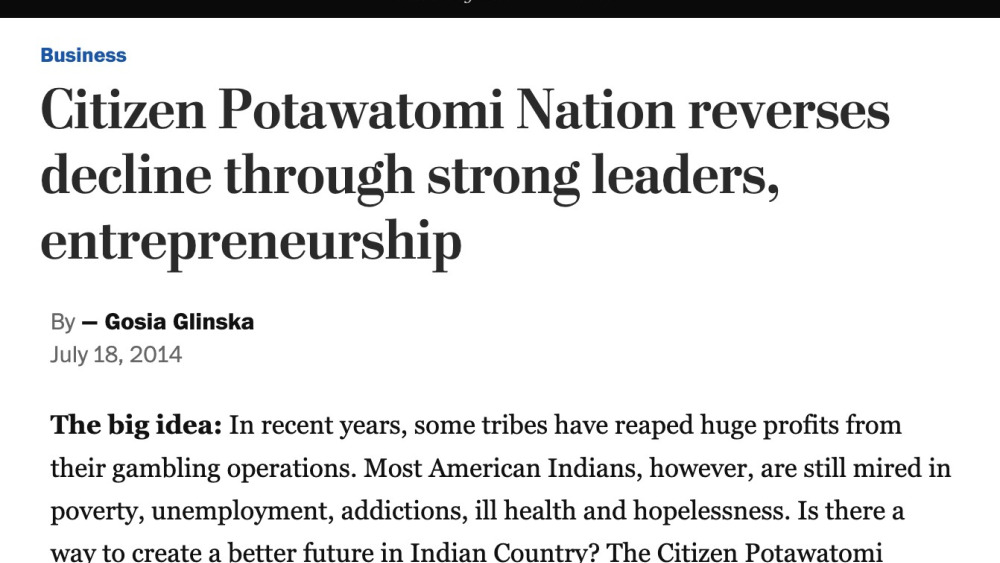
Citizen Potawatomi Nation reverses decline through strong leaders, entrepreneurship
The big idea: In recent years, some tribes have reaped huge profits from their gambling operations. Most American Indians, however, are still mired in poverty, unemployment, addictions, ill health and hopelessness. Is there a way to create a better future in Indian Country? The Citizen Potawatomi…

The Bay Mills Case: An Opportunity for Native Nations
On May 27th, the U.S. Supreme Court finally handed down its decision in the Michigan v. Bay Mills Indian Community case. The good news for Native nations is that the Court upheld the doctrine of tribal sovereign immunity, opting not to carry out any of the doomsday scenarios many suggested could…

Good Data Leads to Good Sovereignty
The lack of good data about U.S. American Indian and Alaska Native populations hinders tribes’ development activities, but it also highlights a space for sovereign action. In coming years, tribes will no doubt continue to advocate for better national data and at the same time increasingly implement…
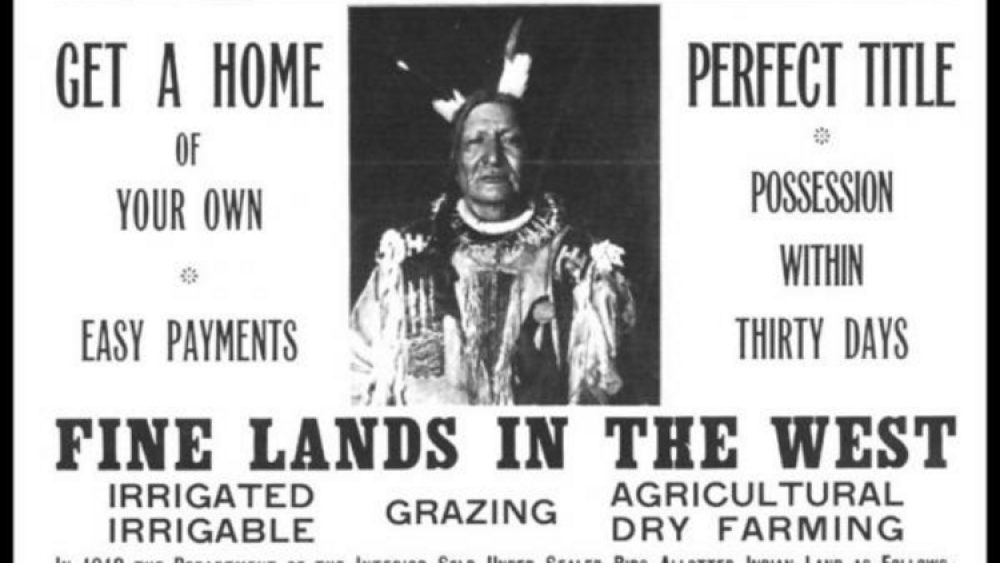
U.S. Land Rights for Indians?
There is an argument within federal-Indian law literature that suggests Indians could have more effectively protected land under U.S. law if they owned land in fee simple rather than under trust. There is better protection for private property under the U.S. Constitution than can be had from…
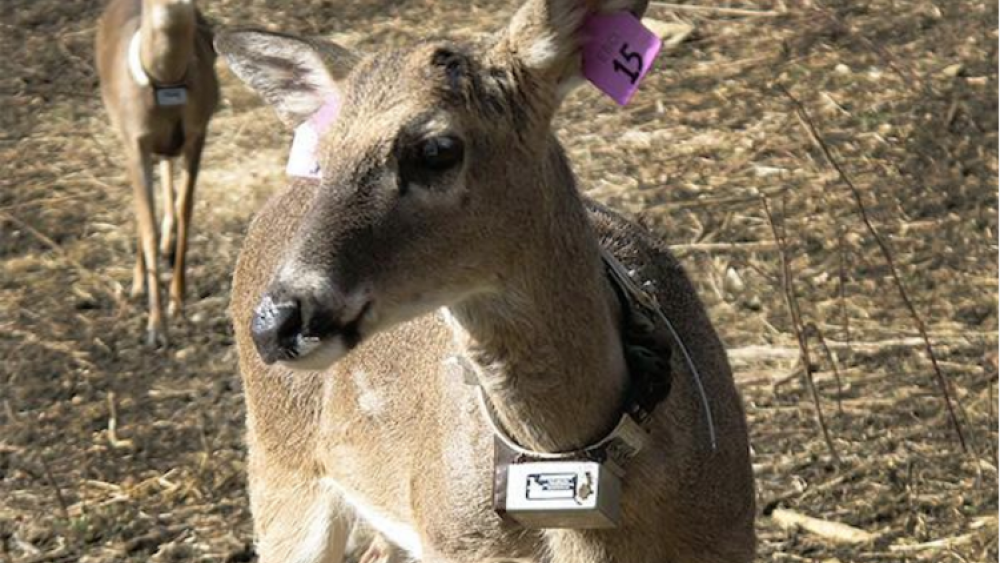
Eastern Band of Cherokee Replenishes Iconic White-Tailed Deer on Its Lands
The Eastern Band of Cherokee, deprived for centuries of the white-tailed deer that symbolizes their culture, are in the process of getting their icon back. Though deer are considered almost a pest in many parts, devouring gardens and proliferating, the Cherokee themselves, who have cherished the…
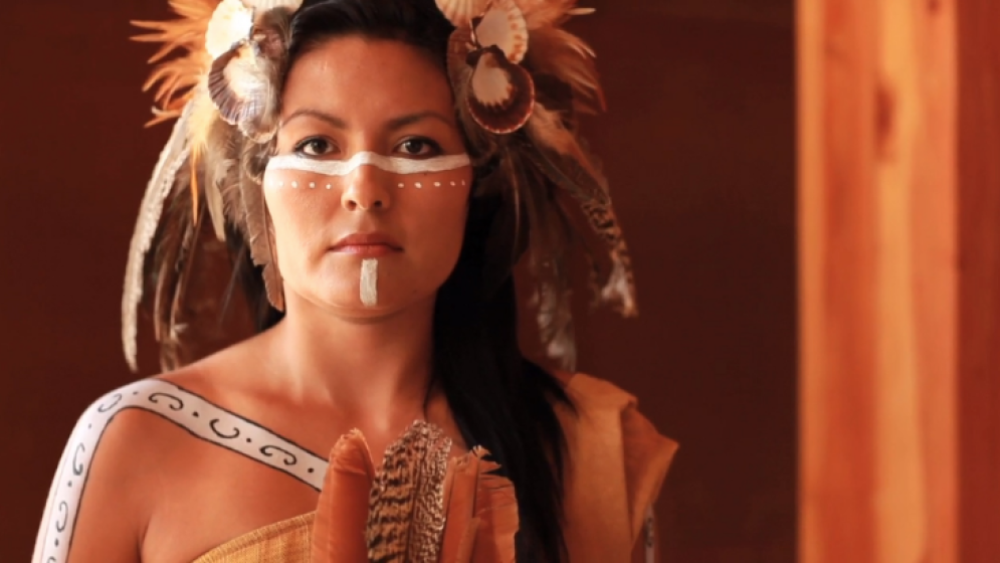
Chickasaw Nation: The Fight to Save a Dying Native American Language
A 50,000-year-old indigenous Native American tribe that has weathered the conquistadors, numerous wars with the Europeans, the American Revolution and the Civil War is now fighting to preserve its language and culture by embracing modern technology. There are 6,000 languages spoken in the world…
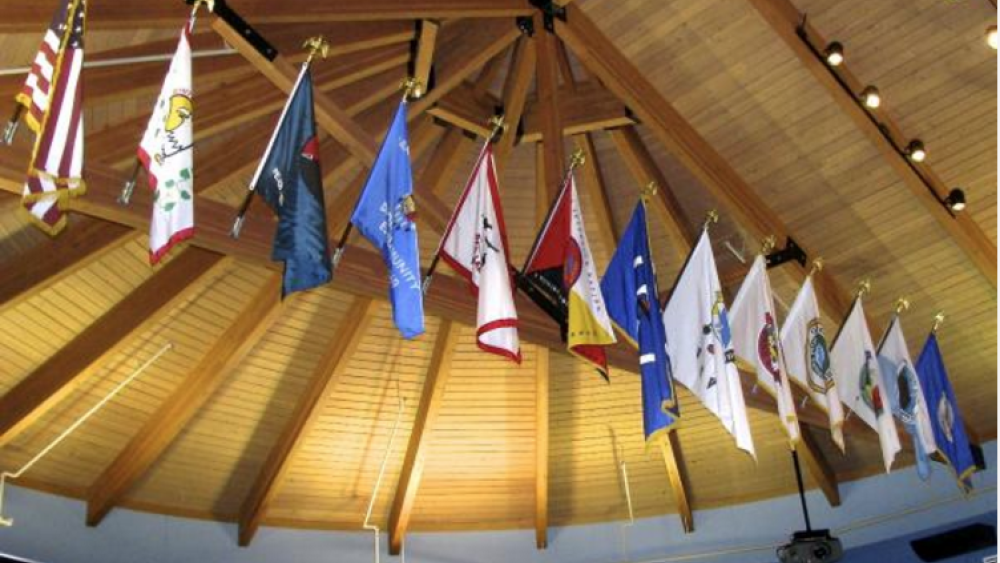
Red Lake Constitutional Reform Informational Meetings Held
The meeting at Bemidji was one leg of the second round of informational meetings conducted by the Red Lake Constitutional Reform Committee (CRC) in order to seek input and feedback from the membership regarding Constitutional Reform. Meetings are held in Duluth and the Twin Cites in addition to the…

Dismembering Natives: The Violence Done by Citizenship Fights
Outside Indian Country most don't realize that over the past 10 years, several thousand people have had their tribal citizenship status terminated. Most were not dismembered for wrongdoing or adopted by other Native nations. They were simply identified by their elected officials as allegedly no…
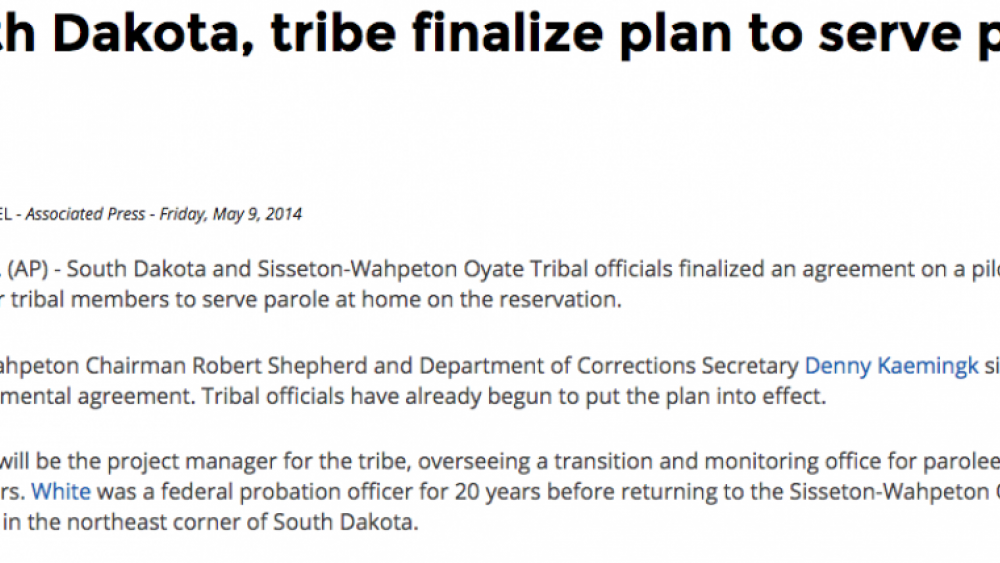
South Dakota, tribe finalize plan to serve parole
South Dakota and Sisseton-Wahpeton Oyate Tribal officials finalized an agreement on a pilot program for tribal members to serve parole at home on the reservation. Sisseton-Wahpeton Chairman Robert Shepherd and Department of Corrections Secretary Denny Kaemingk signed the intergovernmental…
Pagination
- First page
- …
- 3
- 4
- 5
- …
- Last page
